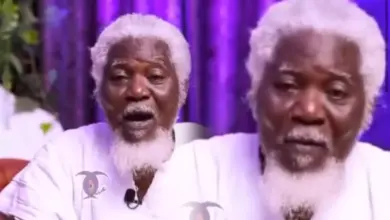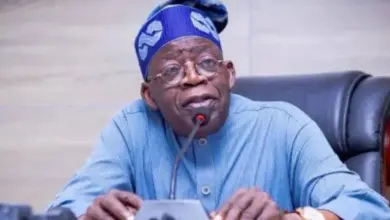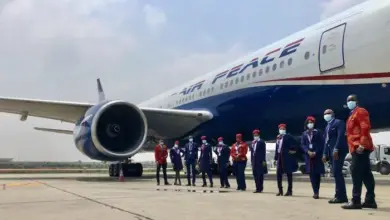Zia Choudhury: Ghana’s enduring partnership with the United Nations
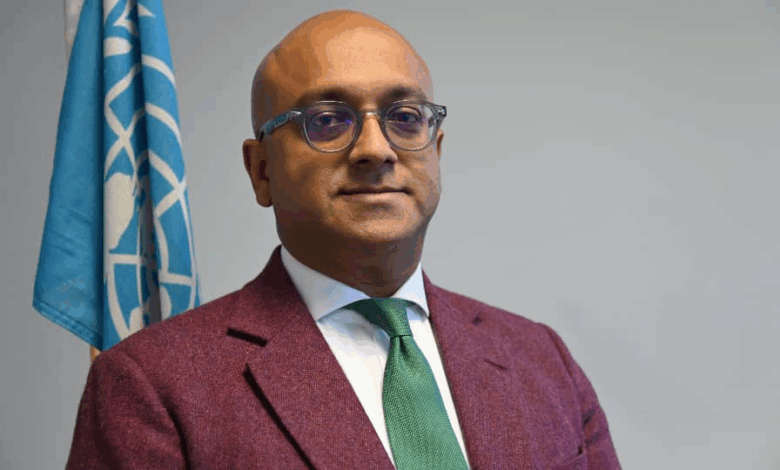
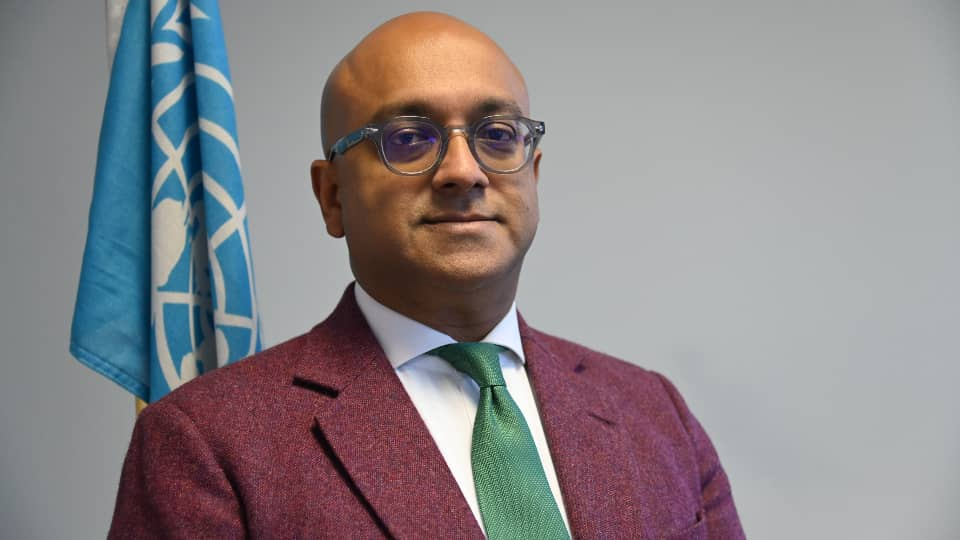
On 8 March 1957, just two days after gaining independence, Ghana joined the United Nations as its 81st member.
This swift move signaled not only Ghana’s emergence as a sovereign nation but also its deep commitment to global peace, human rights, and sustainable development.
From the very begin ning, Ghana embraced its role on the world stage. In 1960, it responded within 48 hours to a UN call for peacekeeping in the Congo, deploying 770 personnel.
That moment marked the start of Ghana’s enduring legacy in peacekeeping.
Today, Ghana ranks among the top 10 contributors to UN peacekeeping missions, with its troops serving in conflict zones from Rwanda to Lebanon and Liberia to the Democratic Republic of Congo.
Ghana’s foreign policy, shaped by the Pan-African vision of its first President, Dr. Kwame Nkrumah, emphasised unity, self-reliance, and international cooperation.
These values aligned closely with the UN’s mission, and Ghana quickly became a vocal advocate for decolonisation, racial equality, and Pan-African solidarity.
It’s influence has been felt across the UN system, having served four terms as a non-permanent member of the UN Security Council – in 1962-1963, 1986-1987, 2006-2007, and 2022-2023 – and playing active roles in the General Assembly and Human Rights Council.
On the human rights front, Ghana has demonstrated leadership both domestically and internationally. The 1992 Constitution enshrines fundamental freedoms, and institutions such as the Commission on Human Rights and Administrative Justice uphold these rights.
Ghana actively participates in the Universal Periodic Review and collaborates with the UN Office of the High Commissioner for Human Rights to promote gender equality, disability rights, child protection, and press freedom.
In the realm of development, Ghana has partnered closely with the UN to advance the Sustain able Development Goals (SDGs) and has demonstrated exceptional leadership in advancing the SDGs, particularly through the global advocacy role of its president.
As Co-Chair of the UN Secretary-General’s Eminent Group of SDG
Advocates, the Presidents of Ghana since 2017 championed the integration of the SDGs into national development strategies and mobilized international support for their implementation.
Through the UN Sustainable Development Cooperation Framework (2023-2025), the country is working toward inclusive economic transformation, equitable access to social services, peace and security in the country and in the sub-region, and climate resilience.
The UN has maintained a strong and evolving presence in Ghana since the late 1950s. Today, the UN presence consists of over 40 entities, with some maintaining offices in the country and others operating from outside while engaging through key stakeholders and partners.
All are strategically coordinated under the leadership of the UN Resident Coordinator, ensuring cohesive support for Ghana’s development priorities and alignment with global UN man dates.
Today, Ghana has emerged as a strategic leader in advancing global and regional frameworks for peacebuilding and sustainable development.
Through principled diplomacy, regional engagement, and multilateral cooperation, Ghana has helped shape policy and practice across Africa and beyond.
From aligning national strategies with the Addis Ababa Action Agenda to championing inclusive financing
for development, Ghana has consistently advocated for equitable global systems and SDG-aligned investment.
As a member of the UN Peacebuilding Commission and a key contributor to ECOWAS’S conflict prevention architecture, Ghana has promoted integrated approaches to peace, emphasising national ownership, early warning, and inclusive governance.
Its tenure on the UN Security Council (2022-2023) amplified African perspectives on peace and security, climate resilience, and civilian protection.
Ghana’s sustained advocacy for AU-UN coordination and peacekeeping reform further reinforces its role as a regional stabilizer and global partner for resilience.
Ghana’s contributions to the United Nations are exemplified not only through its active participation but also through the distinguished service of its nationals within the UN system.
Foremost among them is Kofi Annan, who served as the 7th Secretary-General of the United Nations and was jointly awarded the Nobel Peace Prize in 2001 with the UN for his efforts in revitalising the organisation and advocating for human rights.
Other eminent Ghanaians who have held senior positions within the UN include Dr. Mohamed lbn Chambas, Hanna Serwaa Tetteh, Martha Ama Akyaa Pobee, and Brigadier General (Dr.) Emmanuel Wekem Kotia.
Their contributions, along with those documented in the Ghana Association of Former International Civil Servants (GAFICS) Series, highlight the depth of Ghana’s human capital in global affairs.
As the world faces complex challenges-from climate change to global inequality-Ghana’s enduring partnership with the UN remains vital.
Its journey with the UN is a testament to the power of principled diplomacy, proactive engagement, and a
steadfast commitment to building a more just, peaceful, and sustainable future.
The author of this article is the UN Resident Coordinator of Ghana.
DISCLAIMER: The Views, Comments, Opinions, Contributions and Statements made by Readers and Contributors on this platform do not necessarily represent the views or policy of Multimedia Group Limited.
DISCLAIMER: The Views, Comments, Opinions, Contributions and Statements made by Readers and Contributors on this platform do not necessarily represent the views or policy of Multimedia Group Limited.
Source link


